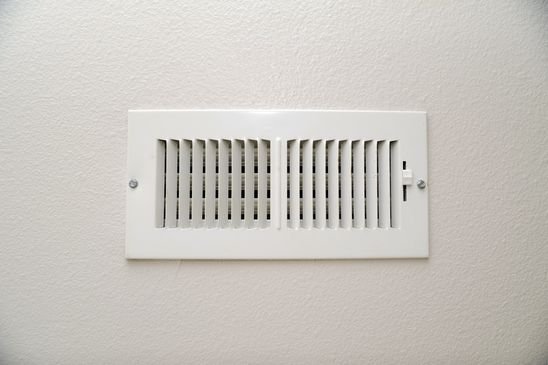
How it worksYour heating unit warms your home by using the return ducts to pull air in, then the heat exchanger heats the air, finally the heated air is pushed out through the supply ducts. By closing a vent in an unused room, you’re placing more pressure on your blower. Blowers are constructed to blow air against a specific amount of pressure. When the pressure is changed, it can cause major problems. As a result, this problem will negatively affect your unit and home.
Heat ExchangerClosing an air vent will decrease the airflow. This will cause the heat exchanger to overheat and could even cause it to crack.
Pressure leads to leaksWhen you close an air vent, it causes pressure to build in your air ducts because there is no longer enough space for the air to be released. This built up pressure can cause leaks or make pre-existing leaks even larger. That’s right, you’re literally paying to heat the outside. Duct leaks are responsible for up to 30 percent of lost heat in the home, this built up pressure has the potential to increase this percentage.
Less efficientBecause there is a significant decrease in airflow when you close a vent, your heating unit becomes less efficient because the unit now has to run longer to heat your entire home but with less vents.





